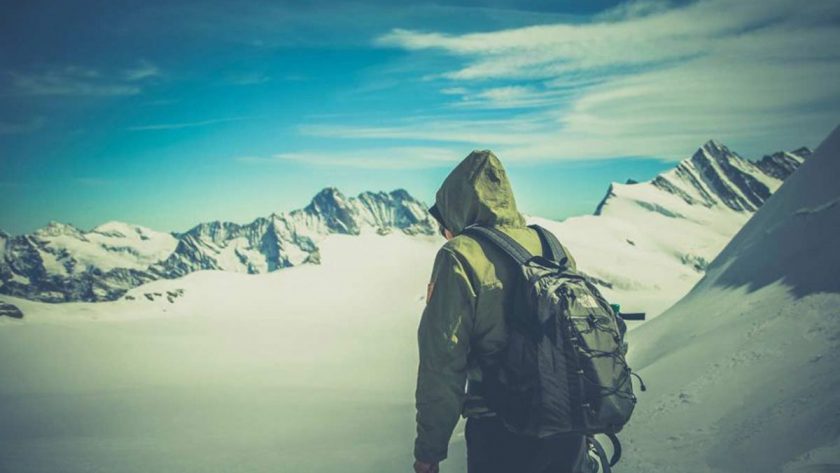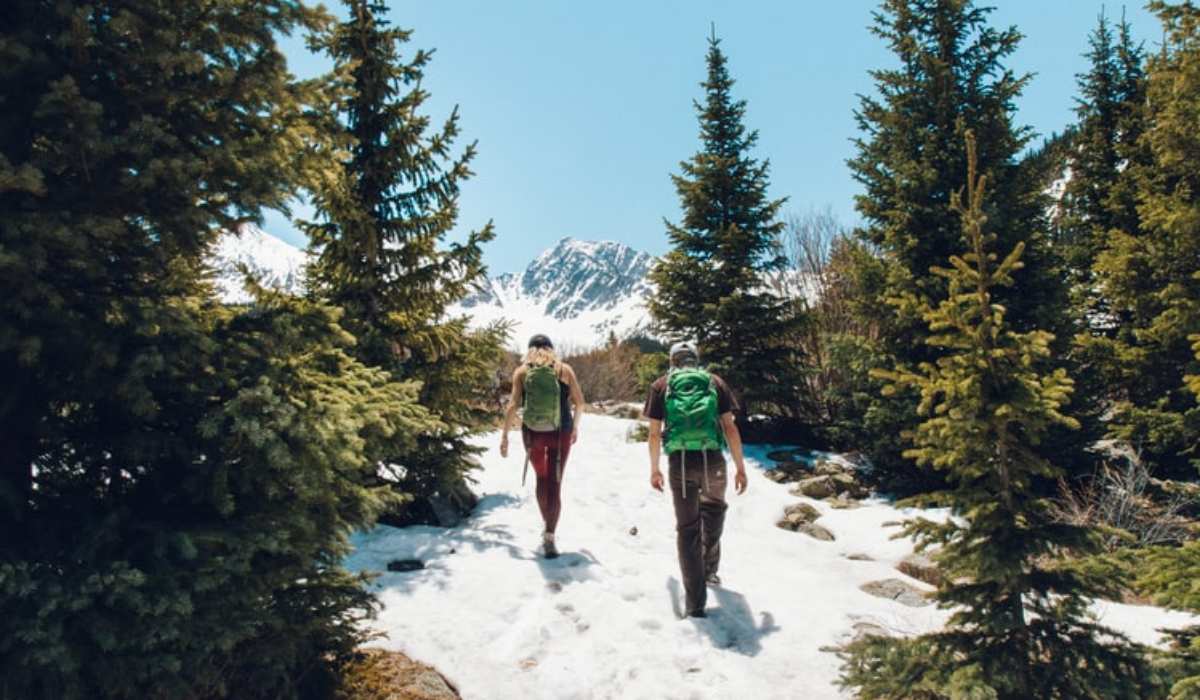This post is also available in:
 Español
Español
In the Earth, during its years of creation, a terrestrial relief, composed of different geographical shapes at different altitudes, mountains, valleys, plains, etc., was created. However, at different altitudes, the oxygen conditions change, which makes human beings feel a series of difficulties that alter their normal state.
Colloquially, this change in physical condition is called altitude sickness, although it is also known as acute mountain sickness.
But really, what is altitude sickness?
When your body is used to flat or low altitude areas, when you drastically change to altitudes above 2400 meters above sea level, the pressure decreases. This causes the partial pressure of oxygen in the air to decrease. With the amount of oxygen remaining the same, but it is more difficult for our body to absorb it. Therefore, every time you breathe, you inhale less oxygen than you are used to (hypoxia).
The body, getting less oxygen in each breath, reacts by breathing faster. But in addition to this reaction, for many people, this change in altitude causes discomfort which we will describe below.
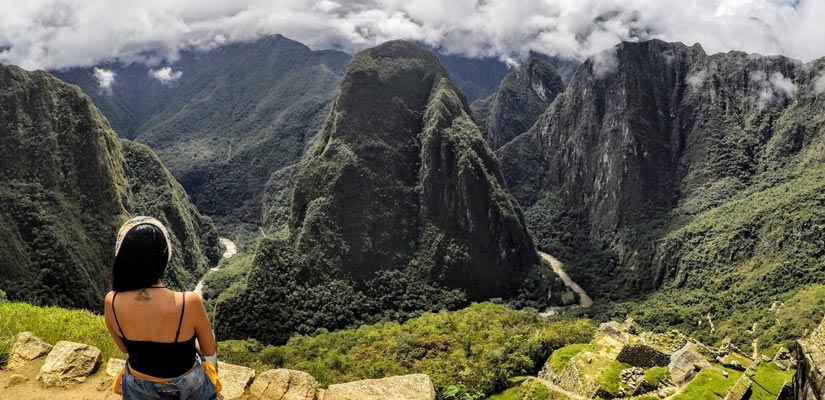
One of the most recurrent countries found at high altitudes is Peru. The common Cusco altitude sickness when you do the tour in Machu Picchu and the Sacred Valley, for example, can make you not enjoy the adventure as the place deserves. For this reason, we will help you identify and combat the symptoms of altitude sickness so that you get the most out of your trip.
Altitude sickness: symptoms
The main organs affected by altitude and the symptoms it can cause are:
Firstly, the lungs, as we have already explained above high altitudes cause difficulty breathing, tightness in the chest, and accelerated breathing due to the need to get more oxygen and can even cause coughing.
At night it can cause sudden nocturnal dyspnea, a sleep disorder where you wake up abruptly with a feeling of drowning.
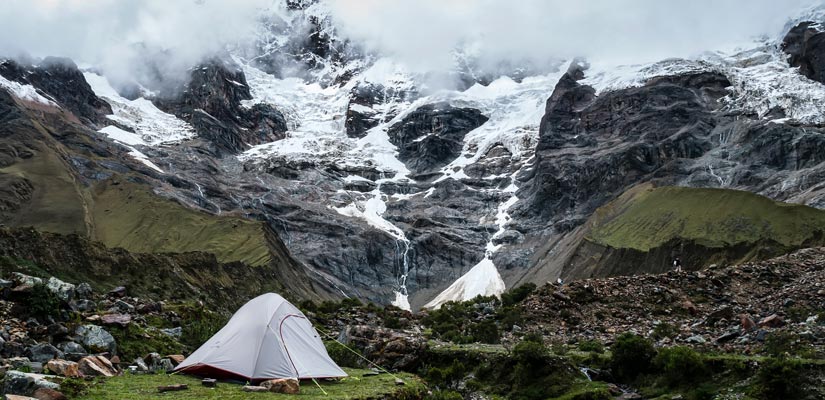
In the brain, it can cause headaches, dizziness, confusion, and drowsiness, either by producing insomnia or by experiencing constant tiredness. It also diminishes mental and psychological alertness.
The heart needs to pump oxygen to all parts of the body and having less oxygen will accelerate the heart rate, in addition to feeling constant agitation even at rest.
Finally, in the stomach, you may feel digestive disorders, nausea, vomiting, diarrhea, and even lack of appetite. It’s certainly not a feeling you’d want to reach the summit with on the Chimborazo climb.
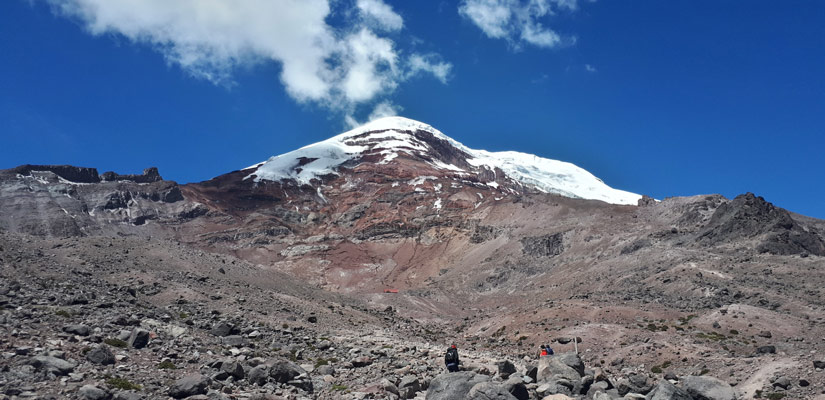
These symptoms usually appear after spending a few hours in the place and are usually more acute during the night.
Treatments to combat it
Once explained all the possible symptoms you may experience we will give you some tips to prevent or reduce them by acclimatizing your body to this new altitude, we will give you some home remedies for altitude sickness
Keep your body hydrated, mainly with hot and sugary drinks. Avoid drinking alcohol and smoking.
Do not overexert yourself, walk slowly up the Salkantay Trek, travelers are advised to control these efforts, as heights of more than 4,200 meters above sea level are reached.
Eat foods that are light and rich in carbohydrates such as fruits, vegetables, and cereals, which provide energy and are easily digested. The typical food from Latin America may not be of good help in these cases, since in some regions, sauces or very heavy meals may work against you.
It is very likely that upon arriving at your destination travelers will be offered mate or coca tea, two natural remedies for altitude sickness, in addition to serving for digestion. Its flavor is not unpleasant but for the less daring there is the possibility of taking coca candies whose flavor is more sugary.

In addition, most hotels at high altitude also have oxygen tubes for those travelers who need them. Another possibility is to buy a small oxygen tube, which can be purchased in stores quite easily.
Altitude sickness: recommendations
If you suffer from any chronic heart or lung disease, high blood pressure, or anemia, it is advisable not to expose yourself to such high altitudes. It is also not recommended for children under four years of age. And as a last piece of advice, it is preferable that you take your time to acclimatize.
Once explained, clarify that this phenomenon has nothing to do with your height, but with the altitude at which you are. Do not worry if you are tall or short, whatever your height, you may feel the effects of altitude sickness if you travel to an area at high altitudes.
Remember that these are temporary symptoms, only until your body gets used to it and for this, you already have the necessary tools. Enjoy the trip, I’m sure it will leave you breathless because of the incredible views, not because of the lack of oxygen.
Do you have any other treatments or supplements for altitude sickness?

